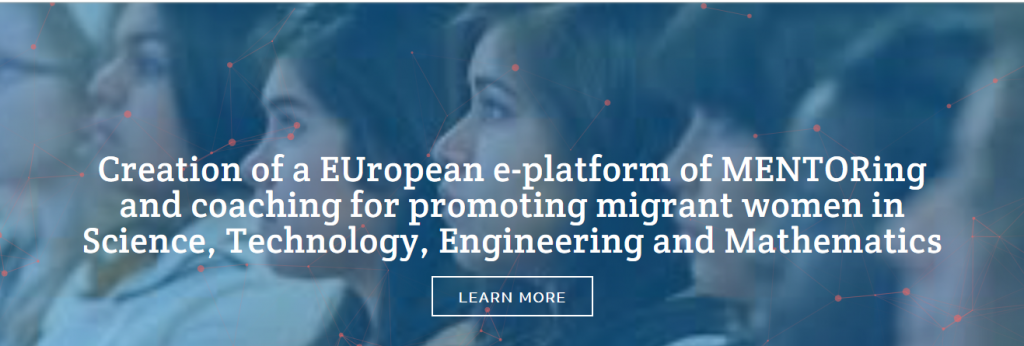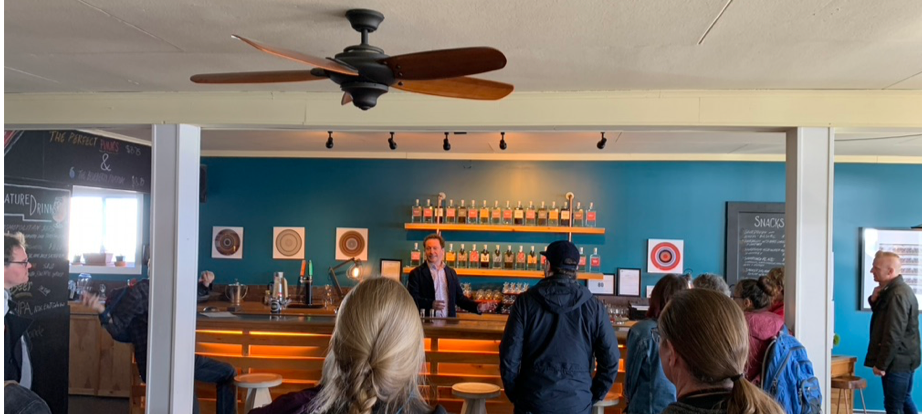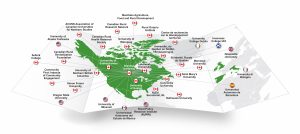NEW
New Article: Livestock exclusion from watercourses: Policy effectiveness and implications

Authors: Paul Kilgarriffa,Mary Ryana, Cathal O’Donoghueb, Stuart Greenc, Daire Ó hUallacháin
Abstract: The deterioration of water quality in Ireland over the past thirty years and the nutrient losses from agricultureare of particular concern to policy makers. Agri-environmental schemes (AES) are designed to improve theenvironment and water quality. One of the more common AES measures is the exclusion of cattle from water-courses. Cattle exclusion provides a number of benefits such as reduction in nitrogen, phosphorus and sedimentrun-off, riverbank stability and improved vegetation cover and biodiversity. Using GIS methods a new nationalfarm boundary spatial database SLIDE (Spatial Land Identification Database for Éire) is created utilising nationaladministrative data and a spatial data storage model. This is thefirst examination of cattle exclusion and its costeffectiveness at the individual farm level across a national population of farms. Benefits are measured in the formof reduced in-stream faecal deposits. Read more>>
Coastal Routes: New Episode: Adapting to a Changing Seafood Market

This is the premiere episode of Coastal Routes’ special coverage of how COVID19 is impacting fisheries around North America.
Click here to listen to the podcast.
New Publication: Impacts and costs of embodied and nutritional energy of food losses in the US food system: farming and processing (Part A)
Authors: Marco Pagani, Fabio De Menna, Thomas G. Johnson, Matteo Vittuari. (RPLC members)

Abstract
Energy consumption in the food supply chain (FSC) of modern societies represents a major problem given decreasing supplies of fossil fuel resources, climate change concerns, and growing population. This two-part article explores the “twofold energy waste” generated by food losses and waste (FLW): nutritional energy and “embodied energy” used to produce the food. The paper demonstrates how twofold energy waste has a significant impact on USA’s national energy balances. Read more>>
Erasmus Plus project_virtual hub training kits for migrant women

The aim of the virtual hub is to assists migrant women with STEM-studies and/or job experience to develop transversal skills and competences in order to fulfill their potential in labor markets, while, at the same time, supports career advisors/educators in helping migrant women to develop their skills, competences and attitudes to succeed in a STEM-job. The main focus in Europe since it is an European project. In the virtual hub you can find two training kits (EUMentoring) : one for trainers (who work with migrant people, in particular women) and one for migrant women (learners) to help them to improve their soft skills. Link to the virtual hub https://www.eumentorstem.eu/virtual-hub/ Link to the project web-page https://www.eumentorstem.eu/
Blog: Beer, Bytes and Briefs: What I learned at a rural development conference on Sustainable Communities

By Wayne Kelly
At this year’s event, many fundamental themes arose, and the ones I focused on were those that were most relevant to both my research and my work. My Ph.D. research on digital rural communities meant that I was paying close attention to discussions on rural broadband and digital skills. I also focused on presentations that included innovative examples regarding digital innovation and adoption in rural communities. Read more>>
New Book Released:Plant-Based Diets for Succulence and Sustainability

Edited by Kathleen May Kevany
This collection takes an interdisciplinary look at how the transformation towards plant-based diets is becoming more culturally acceptable, economically accessible, technically available and politically viable. We offer strategies for achieving sustainable food systems without having to forgo succulence, sensuality and sacredness of food.Shifting food systems is one of humanity’s biggest challenges and greatest opportunities. This book explores adaptable and health-promoting plant-based diets, which by their nature can support nourishing environmental, social, ethical, political, and economic outcomes. Read more>> 20% Discount with this Flyer
Launched: State of Rural Canada III: Bridging Rural Data Gaps

The third iteration of the State of Rural Canada series was launched on October 2 at the CRRF-NAF Conference in St. John’s, NL.
The State of Rural Canada III: Bridging Rural Data Gaps explores data gaps within range of topics prioritized by practitioners and CRRF members. Topics include economy, demographics, and workforce; health and well-being; conditions and aspirations of Indigenous peoples, environment, climate and food; and culture. Sign up to receive a notification when you are able to read the book online or download for free! http://sorc.crrf.ca/sorc3/
Policy Brief: The Role of Domestic In-migrants for the Revitalization of Marginal Island Communities in the Seto Inland Sea of Japan

By Simona Zollet & Meng Qu
Introduction
This brief summarizes the preliminary findings of a research project on domestic urban-to-rural migration to the islands of the Seto Inland Sea, Japan. We focus on in-migrants who established small independent businesses on the islands, and particularly those engaged in tourism, creative industries and organic farming. The study explores the motivations, challenges and opportunities associated with living and establishing small businesses in island communities, and the implications for wider processes of revitalization of marginal rural areas. Read more>>
Recent Book Published: Sustainability, Emerging Technologies, and Pan-Africanism

Authors: Thiam, Thierno, Rochon, Gilbert
This book examines the historical antecedents of Pan-Africanism as a driving force of African Unity, carefully studying its major contributors, current institutional status, and potential future growth. It analyzes the facilitative role of emerging technologies, such as high performance computing, telecommunications, and satellite remote sensing in enabling African sustainable development.
Finally, the authors discuss possible ways that the vision of Pan-Africanism can be used today in Africa’s efforts towards unity and sustainable development. Read more>>
UPCOMING WEBINARS
*To register for our upcoming webinars, please click on the links below.
*For more information on upcoming webinars, please contact Munzaleen Sajjad, sajjadm@brandonu.ca
For a list of archive webinars, please click here.
RPLC PARTNER MAP

Click on map to view locations of some of our RPLC partners.
For full list of founding partners, click link: Founding Partners: List & Websites
To learn more about the RPLC, explore sections in the menu bar or click on the links below:
- About the RPLC
- Joining the RPLC Network
- RPLC Team List
- RPLC Networks & Services
- About the RPLC 2-Page Flyer
RPLC TWITTER FEED
[custom-twitter-feeds]